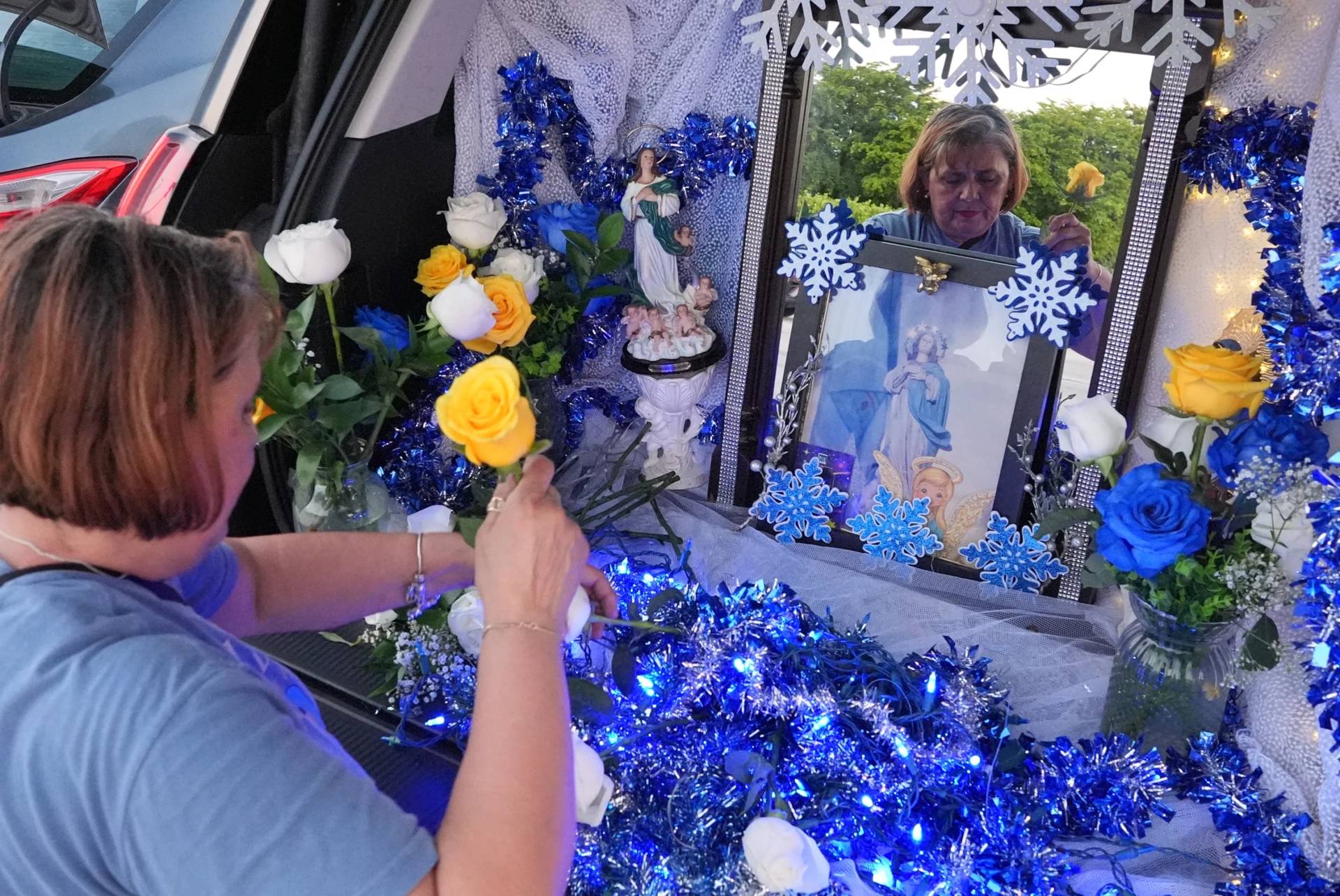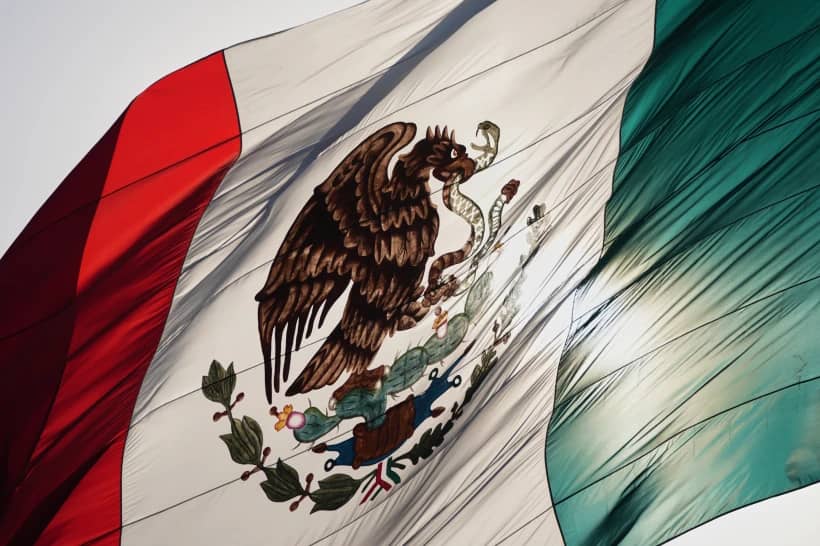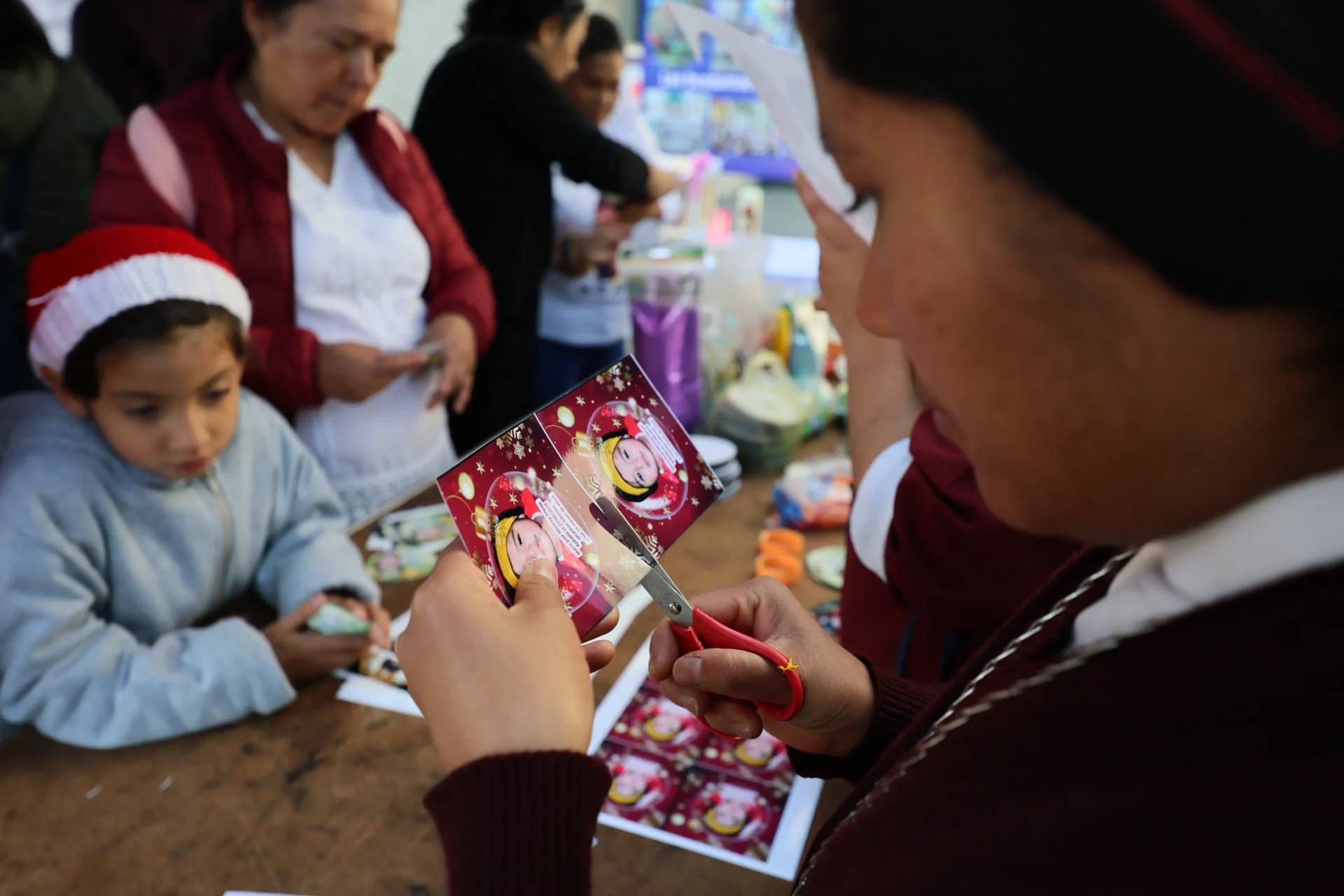SÃO PAULO – Traditionalist Catholics in Brazil are complaining about a Lenten campaign which mentions the “politics of violence” aimed at the South American country’s LGBT community.
The annual Fraternity Campaign is organized by the Catholic bishops’ conference, but every five years is also promoted by the National Council of Christian Churches (CONIC), an ecumenical group including mainline groups such as the Lutheran, Anglican, Presbyterian, Baptist, and Syrian Orthodox churches.
The organization doesn’t include the Evangelical and Pentecostal churches that claim the membership of most of Brazil’s Non-Catholic population.
The campaign collects donations for social projects, similar to the Catholic Campaign for Human Development promoted by the U.S. bishops.
This year’s campaign theme is Fraternity and Dialogue: commitment of love, and invites churchgoers to reflect on the great social and political polarization that has grown in Brazil over the past few years, mentioning the economic crisis and Brazilian society’s historical contradictions.
The goal is to promote dialogue and “tear down the walls of division,” according to the document launching the campaign.
The document was collectively written by theologians from the different churches and is structured in the Liberation Theology’s traditional analytical method, the See/Act/Judge model.
The “See” part, where a sociopolitical analysis introduces the discussion, is the most controversial chapter of the document. It includes information on the violence suffered by women, Black people, the LGBT community, and indigenous groups, and makes several indirect references to President Jair Bolsonaro’s policies concerning the environment, minorities, and public security.
The paragraph which has sparked the most controversy deals with the violence against LGBT people. The authors say that they’re part of a social group that is victimized by the “politics of violence and enemy creation.”
The document notes that 420 LGBT people were killed in Brazil in 2018 and claims the rise in violence is the result of “hate speech, religious fundamentalism, and of the voices against the acceptance of the rights of the LGBT population and of other persecuted and vulnerable groups.”
Bolsonaro’s name is never mentioned, but he’s clearly the target of numerous critical remarks.
One of the allusions to him is related to the quilombola communities, formed by the descendants of African slaves who fled captivity during slavery era in Brazil (1500-1888). It says that “the system… pits the people against the quilombolas, with the false argument that they are granted land for no reason.”
Before the presidential campaign in 2017, Bolsonaro told a conference that he had visited a quilombo and that the “lightest Afro-descendant there weighed seven arrobas, a weight measurement used in the cattle and agricultural industry that is approximately 33 pounds.
He promised that as a president quilombolas and indigenous peoples wouldn’t receive new land grants.
Another allusion to Bolsonaro appears when the authors say that “the political and economic forces pose fallacious solutions” to the social crisis, like the proposal to “give guns to society in order to solve the problems of public security.”
Bolsonaro is a longtime advocate of loosening gun control in Brazil and has changed legislation in order to allow loosen restrictions on the possession of firearms.
The document also makes reference to the growing rates of deforestation in Brazil under Bolsonaro and to his mismanagement of the COVID-19 crisis.
The most vocal critic of the campaign, The Centro Dom Bosco (CDB), a traditionalist Catholic group created in 2016, has been posting videos since the beginning of February about several aspects of the document.
CDB’s on-line campaign against it the Fraternity Campaign has reached hundreds of thousands of Catholics.
“The text is based on ill-conceived and anti-Catholic ecumenism and inter-faith dialogue, which destroy any apostolate and bury the Holy Catholic Church’s eternal doctrine,” CDB’s president Pedro Affonseca told Crux.
According to Affonseca, the document “clearly has a liberal and Marxist ideological nature, assuming and advocating all globalist agenda.”
“It’s a total disaster, fruit of a part of the Church which doesn’t want to fight the error anymore, but prefer to dialogue with it,” he added.
Affonseca said CONIC’s members shouldn’t be allowed to collaborate in writing Catholic documents, particularly the institution’s Secretary General, Lutheran Pastor Romi Bencke.
“Besides the Protestant heresy, that pastor is a supporter of the culture of death, of gender ideology, of the gay lobby and of feminism. She’s a true enemy of the faith,” he claimed.
Indeed, CDB’s crusade against the Fraternity Campaign IS largely focused on Bencke, portrayed as a leftist supporter of abortion.
“We’re studying our legal options. Many lies have been told about me. There’s a clear misogynistic nature in such attacks,” Bencke told Crux.
She pointed out that there’s no mention to abortion in the Fraternity Campaign document, so it’s awkward that its critics have used that claim to delegitimize the text.
“Similarly, the document only mentions the violence against the LGBT community and includes public data on it. There’s no allusion to the churches’ moral doctrine. It doesn’t mean that the churches will have to ordain homosexuals, we’re just saying that they shouldn’t be killed,” she said.
Bencke argued that the traditionalist groups’ attacks were motivated by CONIC’s recent call for the impeachment of Bolsonaro. On January 26, the Council and other organizations filed a petition to impeach him based on his mismanagement of the response to the COVID-19 pandemic.
“It all started one week after we filed the impeachment request. Many people sent messages to me saying that God is side by side with Bolsonaro and that no one can oust him,” she said.
In fact, the political polarization around Bolsonaro seems to be a central factor in the controversy.
Over the past few years, the National Conference of Bishops of Brazil (CNBB), which has been historically controlled by the progressive wing of the Church, has taken a moderate and centrist position, said Francisco Borba Ribeiro Neto, the director of the Pontifical Catholic University of São Paulo’s Center of Faith and Culture.
“The CNBB’s anti-Bolsonaro stance is clear, but it’s also clear that the CNBB is not taking a directly progressive stance,” he said.
After the traditionalist Catholic groups launched their attacks against the Fraternity Campaign, a few bishops have publicly criticized the document and said they wouldn’t use it in their dioceses.
Archbishop Gil Antônio Moreira of Juiz de For a released a statement Feb. 15 saying that the workbook presents “doubtful concepts regarding social doctrine and Christian morals” and that its author is “adept at moral tendencies not accepted by the Catholic Church and by a great part of our Evangelical brothers.”
Bishop Adair José Guimarães of Formosa said during homily at the beginning of February that Catholics shouldn’t worry about the Fraternity Campaign.
“The ones who want to sail against the Church’s doctrine won’t achieve success. […] Like Liberation Theology, that has not been fruitful,” he declared.
Bishop Fernando Rifan, the head Personal Apostolic Administration of Saint John Mary Vianney, published a reflection on the guidebook on his blog. He said that it’s a “bad text, with erroneous and biased insinuations,” and that it “brought division.”
The Apostolic Administration is a unique institution in the Church, established in 2002 by Pope St. John Paul II to serve traditionalist Catholic clergy and laity in the Diocese of Campos, healing a rift caused by a traditionalist bishop in the 1980s.
Brazil’s Ordinary Military Archbishop, Fernando Guimarães, said in a letter to CNBB’s president, Archbishop Walmor Oliveira de Azevedo, that his ordinariate will not use “any materials officially produced for this year’s Fraternity Campaign” and that the Palm Sunday’s donations wouldn’t support the Lenten appeal.
On February 9, the CNBB released a statement about the controversy, explaining the workbook was collectively written by CONIC, and “consequently the text follows CONIC’s structure of thought and work.”
“Therefore, the text doesn’t have the style it would have if it had been prepared by a CNBB commission, given that we have distinct understandings, even though it’s the same ideal of serving Jesus Christ,” the statement reads.
The attacks of the traditionalists against the Protestant churches and Pastor Romi Bencke may complicate the organization of future ecumenical Fraternity Campaigns.
“We learned that CDB has a publishing house that edit books saying that the Reform was ‘demoniac’. Catholics attacked sister churches. It’s about religious intolerance. A bond of trust has been broken and we hope to talk about it,” Bencke said.
Father José Bizon, who directs the ecumenical House of Reconciliation, said he hopes that the leaders of the Christian churches which are part of CONIC will understand that such attacks are from isolated groups.
“We have already faced several situations like that in the past. Something like that can happen in any church,” he told Crux.
Bizon claimed the pandemic and its social consequences have boosted the more radical elements in society.
“Acts of intolerance are inadmissible. We can deal with criticism, but not with aggression against individuals, particularly against a woman. We have to dialogue, and that’s precisely the campaign’s theme,” Bizon said.
He also stressed that the current political atmosphere in Brazil can mutual understanding difficult.
“Depending on the words you choose, you can be called a communist,” the priest said.
Ribeiro Neto’s said this year’s Fraternity Campaign brought to the ecumenical field the historical divide between progressives and traditionalists which is well-known in Catholicism.
“A divide in the ecumenical field means that there’s a divide in the Brazilian society,” he said.













